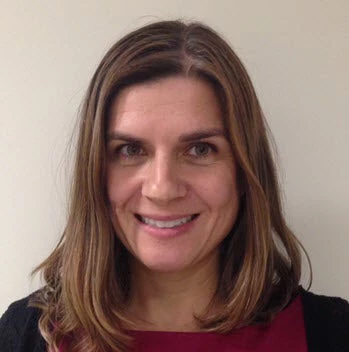 The Bank said today it is mobilizing over $7 billion for health and education to help poor countries battle threats to their social services during the crisis. The new health and education numbers follow an announcement earlier this week that its investments in social protection programs, including social safety nets, are expected to rise dramatically for 2009-2010 to $12 billion.
The Bank said today it is mobilizing over $7 billion for health and education to help poor countries battle threats to their social services during the crisis. The new health and education numbers follow an announcement earlier this week that its investments in social protection programs, including social safety nets, are expected to rise dramatically for 2009-2010 to $12 billion.
As part of this announcement, the Bank released a report titled, Averting a Human Crisis During the Global Downturn, which examines how previous financial downturns affected countries’ social protection programs.
Crisis Can Affect Social Services Programs
Evidence from previous crises in Argentina, Indonesia, Thailand, and Russia shows that governments were forced to cut health services as a result of shrinking budgets and that returning health spending to pre-crisis levels took up to 10-15 years to achieve, according to the report.
"We cannot afford a 'lost' generation of people as a result of this crisis," said Joy Phumaphi, the World Bank's Vice President for Human Development and former Health Minister for Botswana. "It is essential that developing countries and aid donors act now to protect and expand their spending on health, education and other basic social services and target these efforts to make sure they reach the poorest and most vulnerable groups."
AIDS Treatment Programs in Jeopardy
 The report also warns that according to preliminary findings from 69 countries, which offer treatment to 3.4 million people on antiretroviral treatment (ART), suggests that 8 countries now face shortages of antiretroviral drugs or other disruptions to AIDS treatment. Twenty-two countries, home to more than 60 percent of people worldwide on AIDS treatment , expect to face disruptions over the course of the year.
The report also warns that according to preliminary findings from 69 countries, which offer treatment to 3.4 million people on antiretroviral treatment (ART), suggests that 8 countries now face shortages of antiretroviral drugs or other disruptions to AIDS treatment. Twenty-two countries, home to more than 60 percent of people worldwide on AIDS treatment , expect to face disruptions over the course of the year.
"We cannot afford a 'lost' generation of people as a result of this crisis," Phumaphi said. "It is essential that developing countries and aid donors act now to protect and expand their spending on health, education and other basic social services and target these efforts to make sure they reach the poorest and most vulnerable groups."


Join the Conversation